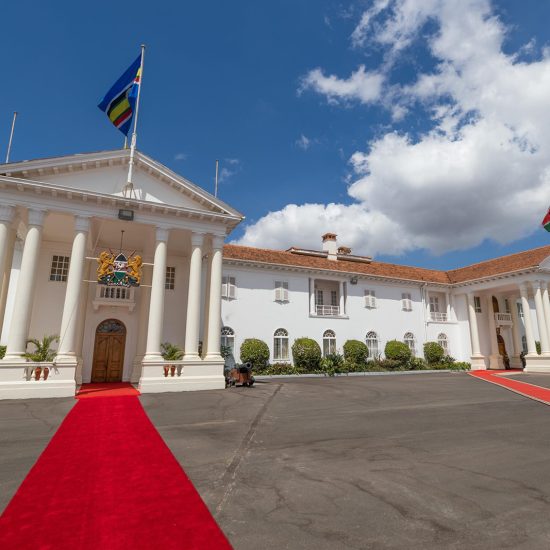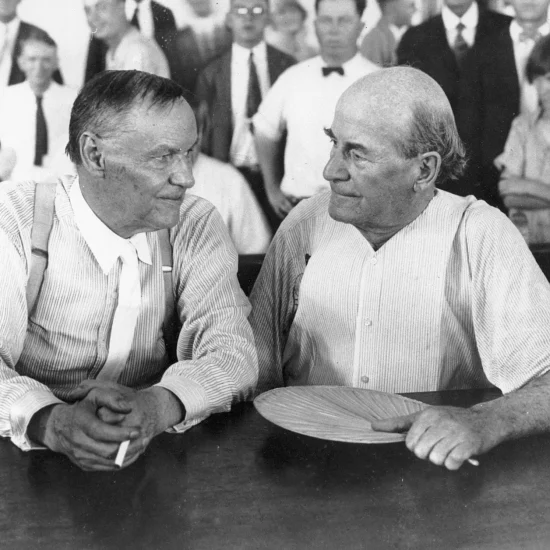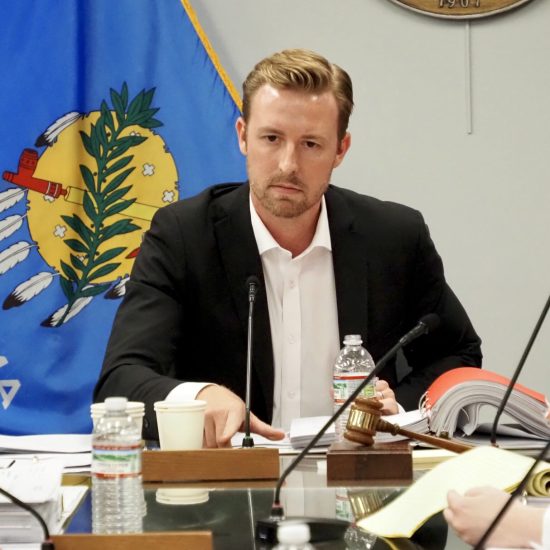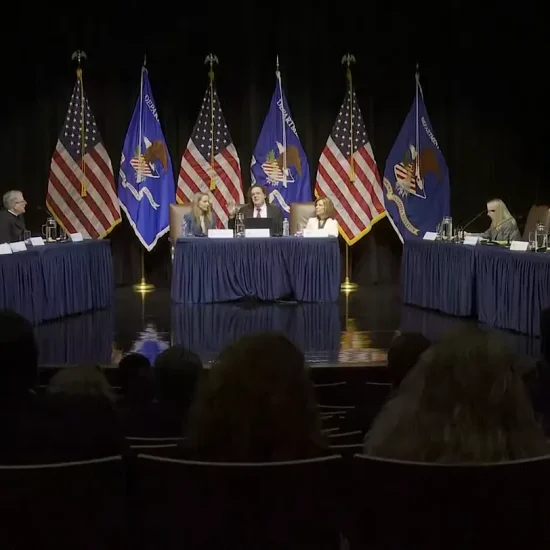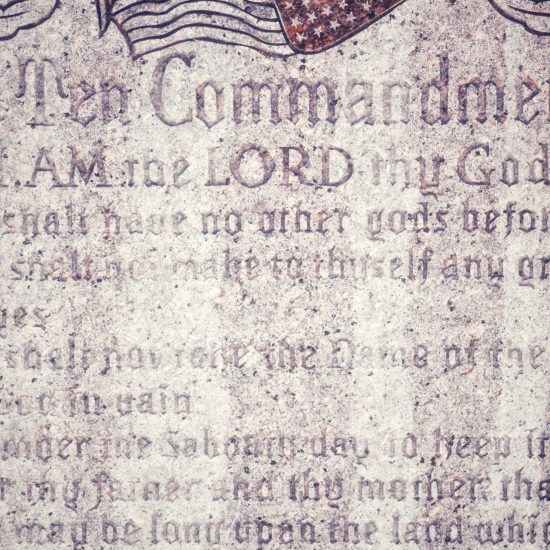The U.S. Supreme Court sided on June 26 with a Missouri church seeking aid from taxpayers to improve its playground. The justices handed down the ruling in Trinity Lutheran Church of Columbia, Inc. v. Comer on the last day of its 2016-2017 session, overturning lower court decisions and creating an exception to the Missouri Constitution’s prohibition against funding houses of worship. Yet, due to a contentious footnote, both supporters and critics of the church’s argument believe future cases will determine the scope of the shift in church-state relations created by the case.
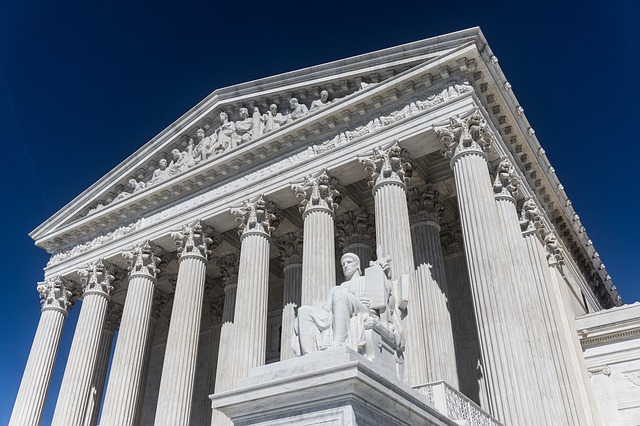 Although only two justices — Sonia Sotomayor and Ruth Bader Ginsburg — dissented from the ruling, the other seven judges disagreed with each other, thus creating no full majority opinion. Only four justices agreed with all of the majority opinion that Chief Justice John Roberts authored. Two other justices — Clarence Thomas and Neil Gorsuch — supported nearly all of the opinion but not one of the footnotes, while Justice Stephen Breyer wrote a concurring opinion to offer his support for the footnote but not everything else in the opinion. The contentious footnote explained the court’s ruling was narrowed to only address “playground resurfacing,” but not other “religious uses of funding.” Given the split among the justices over the footnote, the ruling could lead to different interpretations on how to apply the standard to other cases of funding houses of worship that do not involve playgrounds.
Although only two justices — Sonia Sotomayor and Ruth Bader Ginsburg — dissented from the ruling, the other seven judges disagreed with each other, thus creating no full majority opinion. Only four justices agreed with all of the majority opinion that Chief Justice John Roberts authored. Two other justices — Clarence Thomas and Neil Gorsuch — supported nearly all of the opinion but not one of the footnotes, while Justice Stephen Breyer wrote a concurring opinion to offer his support for the footnote but not everything else in the opinion. The contentious footnote explained the court’s ruling was narrowed to only address “playground resurfacing,” but not other “religious uses of funding.” Given the split among the justices over the footnote, the ruling could lead to different interpretations on how to apply the standard to other cases of funding houses of worship that do not involve playgrounds.
Like the justices sitting in Washington, D.C., Baptists engaged in religious liberty issues offered divergent opinions on the decision. Holly Hollman, general counsel of the Baptist Joint Committee for Religious Liberty, criticized the ruling for adding “confusion to the law.” The BJC, an 80-year-old organization representing 15 Baptist bodies, previously filed an official brief with the Supreme Court urging the justices to uphold Missouri’s position.
“The U.S. Supreme Court today rejects an important aspect of America’s history of protecting religious liberty,” Hollman argued. “While claiming to stand up for churches, the Court ignores their distinct nature as centers of religious exercise. ‘No aid’ provisions reflect the hard-fought battles of Baptists and other religious dissenters that abolished government controls over religion and secured church autonomy.”
“The decision does not create a free exercise right to government funding of religion, but it unnecessarily blurs the line that ensures religion flourishes on its own,” she added.
 Trinity Lutheran playground in Columbia, Mo. Both supporters and critics of the church’s argument believe future cases will determine the scope of the shift in church-state relations created by this case. (Word&Way/Brian Kaylor)Russell Moore, president of the Southern Baptist Convention’s Ethics & Religious Liberty Commission, hailed the ruling as “a triumph for religious freedom.” The ERLC previously filed a brief supporting the church’s position. Moore insisted he “oppose[s] any establishment or funding of religion,” but claimed that “a house of worship taking advantage of a universally-accessible program does not constitute an establishment.”
Trinity Lutheran playground in Columbia, Mo. Both supporters and critics of the church’s argument believe future cases will determine the scope of the shift in church-state relations created by this case. (Word&Way/Brian Kaylor)Russell Moore, president of the Southern Baptist Convention’s Ethics & Religious Liberty Commission, hailed the ruling as “a triumph for religious freedom.” The ERLC previously filed a brief supporting the church’s position. Moore insisted he “oppose[s] any establishment or funding of religion,” but claimed that “a house of worship taking advantage of a universally-accessible program does not constitute an establishment.”
“The Supreme Court got this right, and the only unfortunate thing about this case is that a principle so foundational to basic American freedoms would even be in question,” Moore added.
Two of the Missouri Baptist Convention’s attorneys, Michael Whitehead and Jonathan Whitehead, also served on the church’s legal team.
The Ruling
Writing for the majority, Roberts compared Missouri’s refusal to fund the church’s playground resurfacing to more extreme cases like “the denial of political office” and “torture on the account of religion.” He called the effort to disqualify the church from a governmental grant program simply because of its status as a church “odious to our Constitution.”
“The [Missouri] Department’s policy expressly discriminates against otherwise eligible recipients by disqualifying them from a public benefit solely because of their religious character,” Roberts added after reviewing previous rulings. “If the cases just described make one thing clear, it is that such a policy imposes a penalty on the free exercise of religion that triggers the most exacting scrutiny.”
Sotomayor penned a lengthy dissent — that Ginsburg also signed — that ran twice as long as the majority opinion. She closed her dissent by declaring, “I dissent” instead of the more traditional “I respectfully dissent.” In another unusual move, Sotomayor read from her dissent when the ruling was announced. She argued in her dissent that the Court’s ruling “profoundly changes” the relationship between church and state by “holding, for the first time, that the Constitution requires the government to provide public funds directly to a church.”
“Its decision slights both our precedents and our history, and its reasoning weakens this country’s longstanding commitment to a separation of church and state beneficial to both,” Sotomayor insisted. “When a government funds a house of worship, it underwrites this religious exercise.”
“The Church has a religious mission, one that it pursues through the Learning Center,” she added. “The playground surface cannot be confined to secular use any more than lumber used to frame the Church’s walls, glass stained and used to form its windows or nails used to build its altar.”
In her dissent, Sotomayor reviewed previous rulings and the historical background to the creation of the U.S. religious liberty rights in the First Amendment. She cited the work of James Madison, who defended Baptists and others against efforts by a state to force them to pay to support other churches. Sotomayor mentioned Baptists were among the voices in the founding era also supporting church-state separation and she quoted several lines from Baptist preacher John Leland.
In a footnote, Sotomayor wrote a prediction that all of her fellow justices may actually agree with: This ruling will spark more cases in the future with bigger church-state implications at stake.

